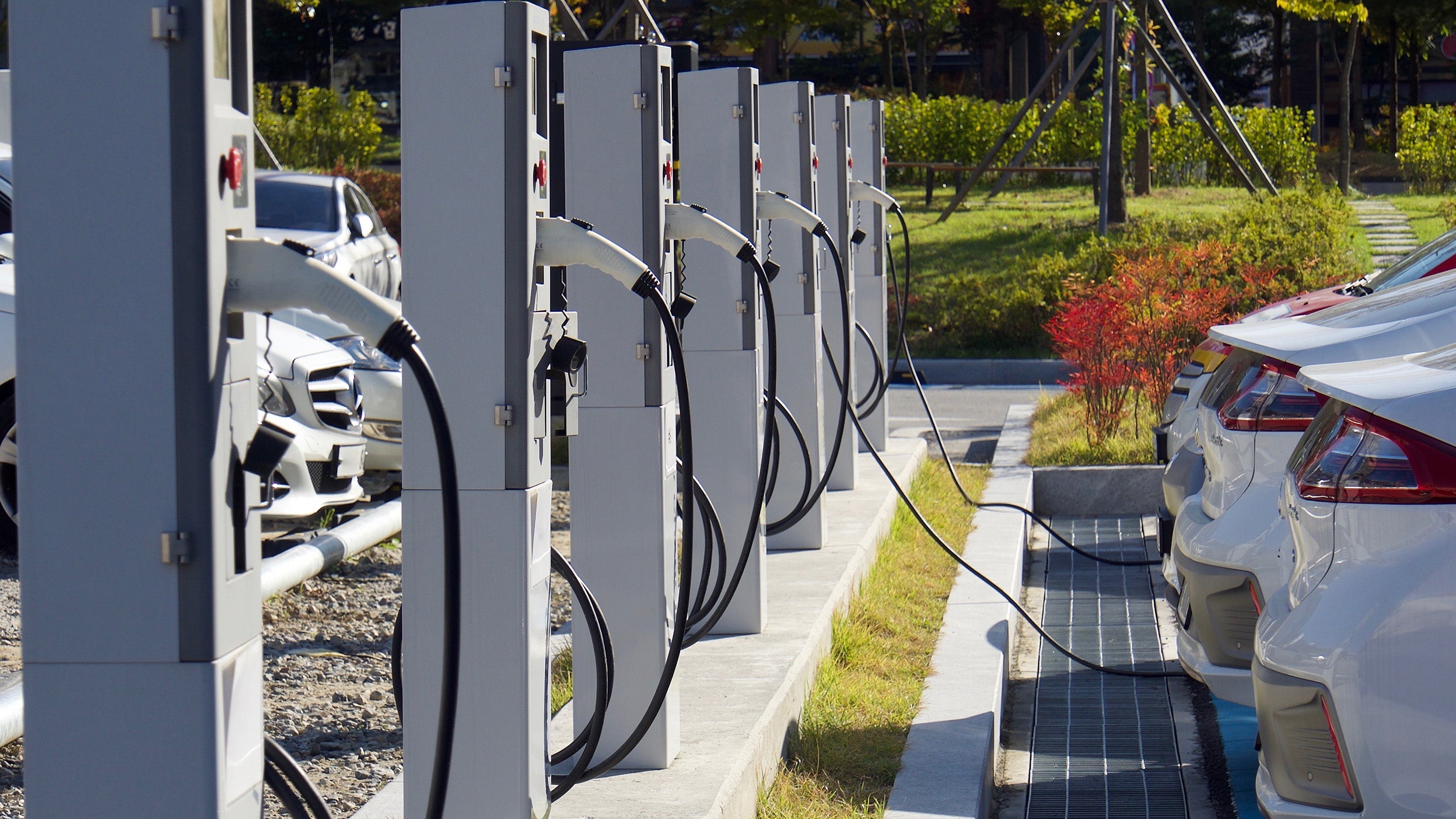Surge in Energy Price: Opportunities for renewable energy in APAC

Continued surge in oil and gas prices on the back of Ukraine and Russia tensions have led to common questions about energy security and implications on renewables and decarbonization. We believe amidst short-term gains by energy and commodities, renewables will accelerate as a longer-term hedge for energy diversification.
Q1) Economic Impact: What is the impact of surging crude oil price on APAC economies?
Inflationary pressure & renewable push: Previous research by Global Market Strategist team has highlighted inflationary pressure from current oil and commodity price surges with corresponding impact on economic growth and weakening of currencies. In particular, oil prices could remain high until supply bottlenecks are addressed or if demand recedes.
Within APAC, energy exporters and commodities currencies (e.g. Australia) could benefit in the short term while energy importers would continue to face increased inflationary pressures.
While traditional energy players can ride on high oil and gas prices, persistent supply shortage and high costs would spur a search for energy alternatives that could create a longer-term push towards renewables.
Q2) Implications for Renewables: In view of this development, what are the ESG implications for APAC economies? Could this result in APAC countries diversifying their source of energy and reduce reliance on oil?
Growth impact: APAC economies dependent on energy imports will continue to face domestic cost pressures translating into food and fuel shortages alongside government subsidy burdens. This might also slow APAC economies who are still on a recovery trajectory from COVID-19 impact.
Renewable for stability: While in the short term some APAC countries might consider turning to fossil fuel infrastructure, the Institute for Energy Economics and Financial Analysis (IEEFA) believes the current volatility reveals challenges in energy dependency and continued reliance on fossil fuels will only reinforce supply chain vulnerabilities.
Rising gas prices may instead result in Asia gas assets being underutilized with stranded asset risk1. Conversely, developing domestic renewables can create greater stability in energy supply and better predictability in costs given that they are not reliant on fossil fuel inputs vulnerable to price hikes, supply outages and geopolitical risks.
Q3) Policy Responses: What’s your expectation on the policy front, especially in terms of development in renewable energy? Could you give us some examples?
Global: Historically 30-40% of Europe’s gas demand were fulfilled by Russia imports and energy security has emerged as top priority in current context2. EU has thus announced a REPowerEU plan this week that included plans to cut gas imports from Russia by two-thirds within this year along with plans to increase renewables and hydrogen share and promote EU-wide energy saving3.
Previously, The International Energy Agency (IEA) also published a 10-point plan for EU outlining acceleration of solar and wind, increasing energy efficiency and prohibiting new Russian gas deals.4 In particular Germany plan to bring forward timeline to generate country’s electricity fully from renewable sources by 2035.5
In the US, Biden referenced on climate initiatives in the Build Back Better legislation in his State of the Union Address6 though it remains to be seen if the bill will be passed; passing of the bill will support broader technologies like green hydrogen and nuclear.7
APAC: Even prior to current oil inflation, many Asian countries have been stepping up on renewables.
- Vietnam’s national power development plan has helped it become a leading solar and wind hub in ASEAN.
- South Korea aims to increase renewable mix to 20% by 20308
- Japan targets to half LNG mix from 37% to 20% by 20309
- China has launched a pilot program for green electricity trading between consumers and power firms boosting solar growth.
These developments will likely continue despite current inflationary pressures given energy self-sufficiency and decarbonization considerations.
Outside of renewables, nuclear will continue to see discussions; South Korea’s newly elected President Yoon Suk-yeol is pro-nuclear with plans to invest and grow the technology; however waste & safety risks remain as challenges.
Q4. Investment Implications: From an investment point of view, could this present any long-term opportunities for APAC investors?
Renewables and clean energy could continue to be key themes.
Global: While energy & commodity exporters will benefit in near-term from rising prices, persistent fuel shortages will increase renewables’ importance as a hedge against price volatility in the longer term. The IEA forecast that an incremental ~50GW of solar and wind capacity is required in EU (vs ~43GW added in 2021)10.
This will translate into investment opportunities in not just pure play renewables and clean energy but also conventional utilities investing in new technologies like renewables and hydrogen. US players with strong EU revenue exposure will also benefit.
Technologies improving energy efficiency and storage such as grid systems and energy efficient real estate plays could also benefit.
APAC: Acceleration in EU renewables rollout will create export opportunities for Asian renewables and battery supply chain manufacturers.
Chinese solar or wind manufacturers already hold significant share of global market and will have continued headroom to gain EU share of wallet. Within China, despite increasing competition and material cost increases, renewable capacity will continue to grow domestically.
We are also interested in the development of the broader renewable value chain including solar and wind component manufacturers with higher capacity and cost efficiency.




